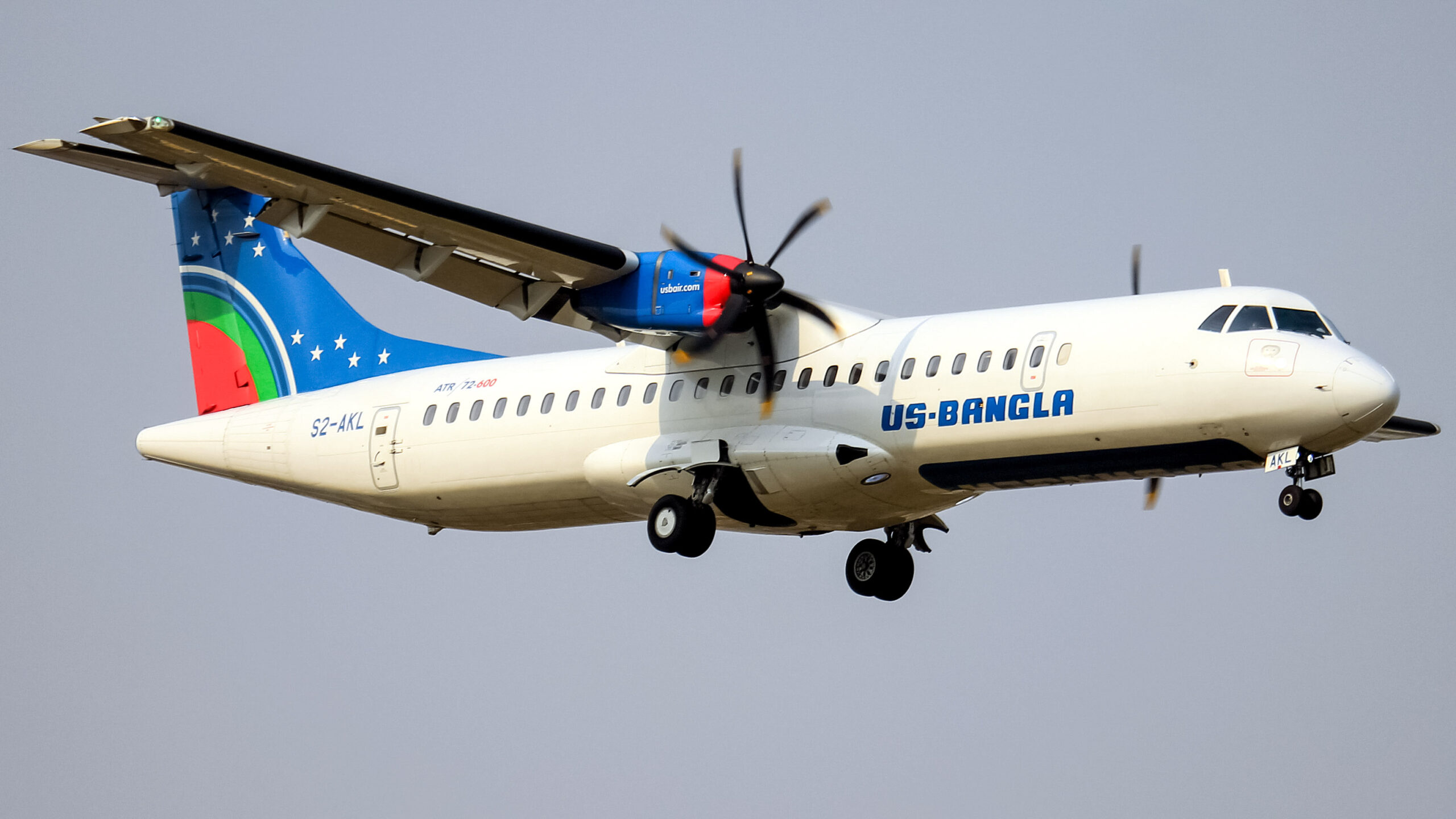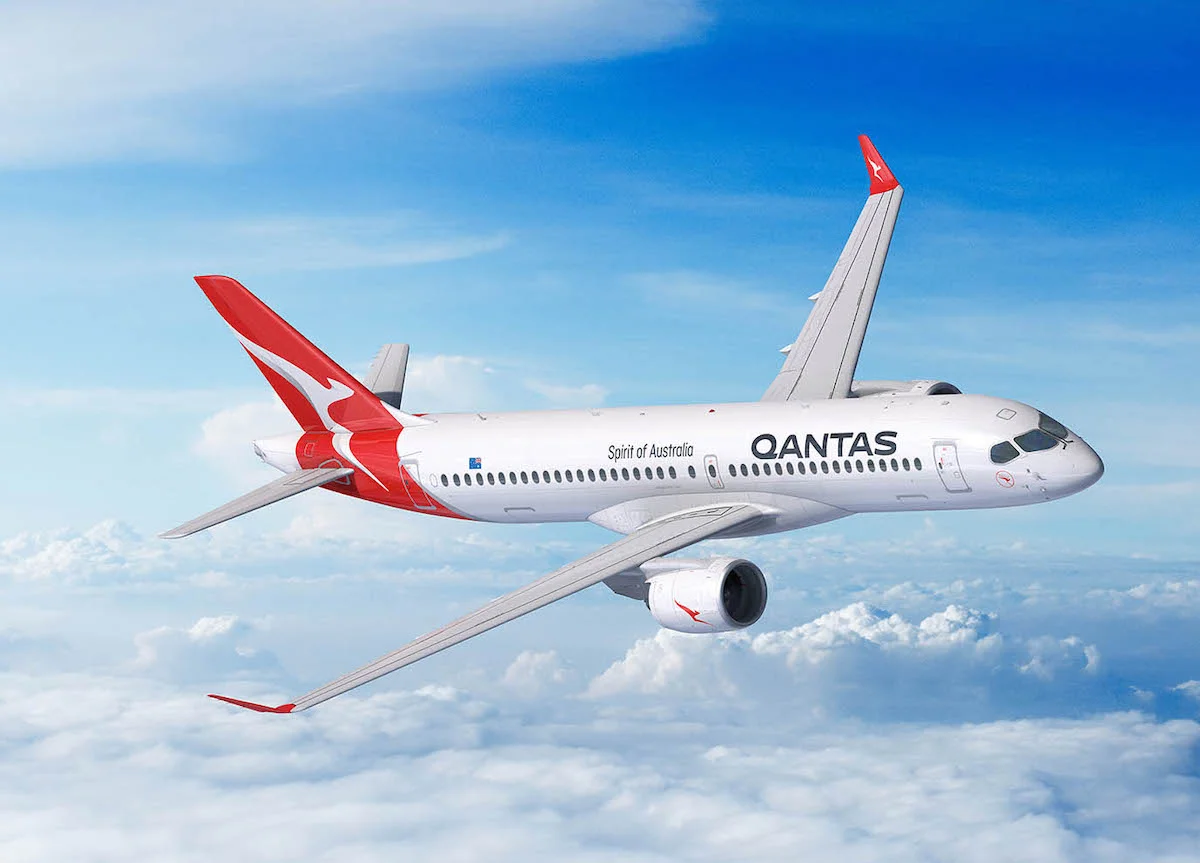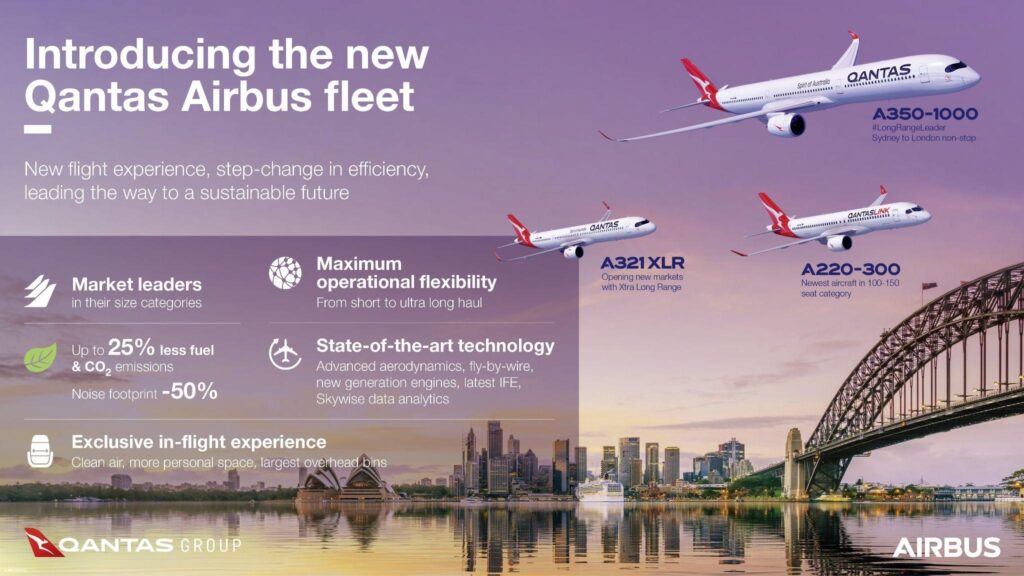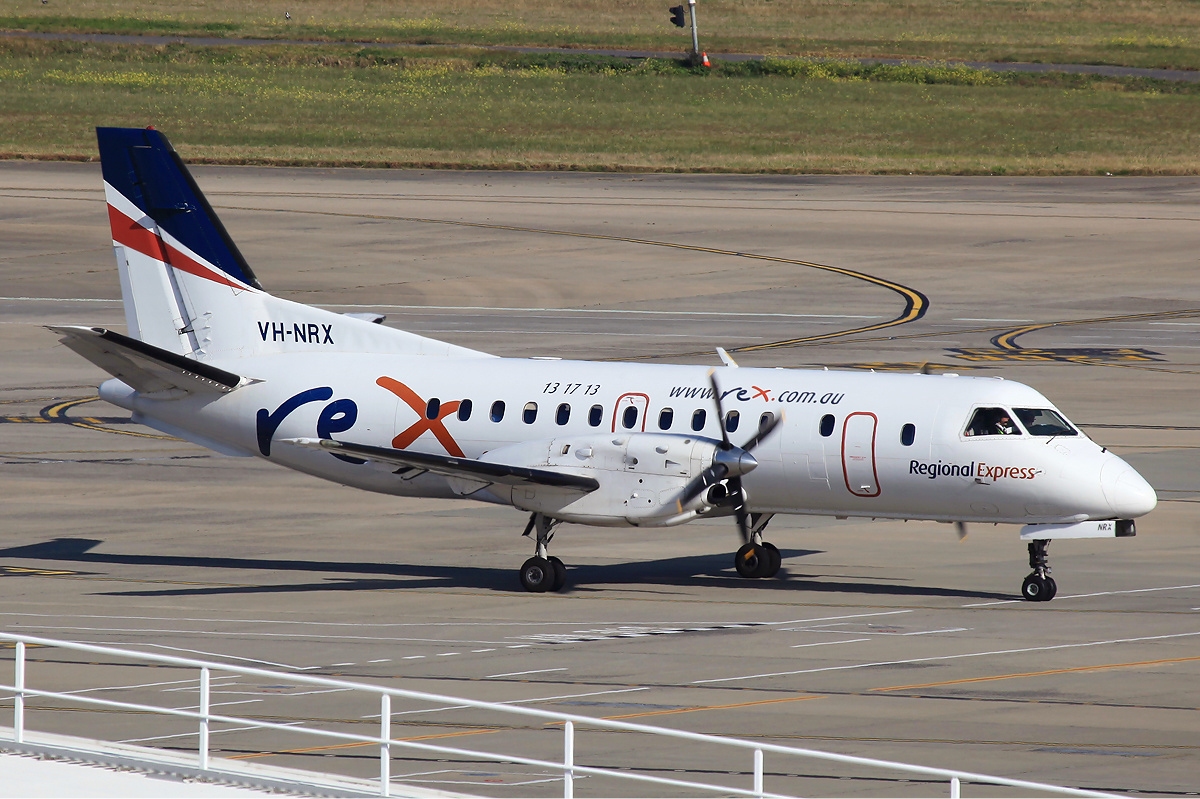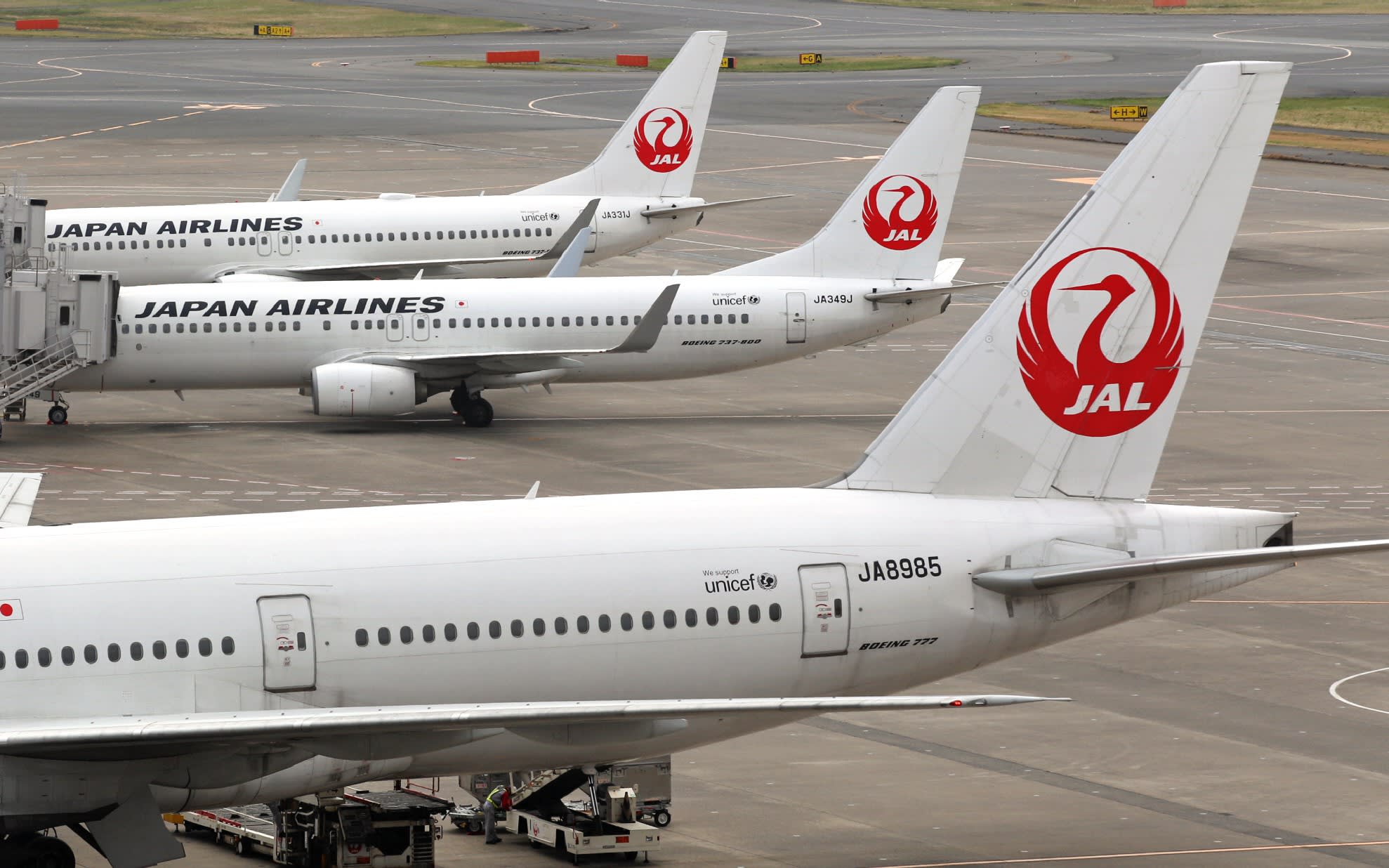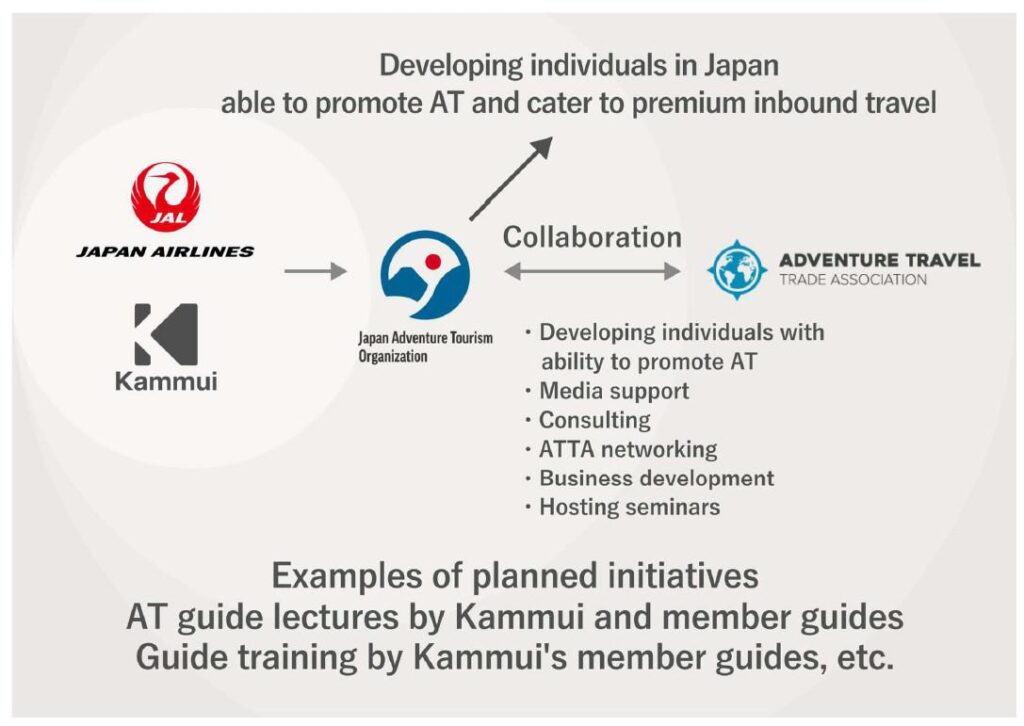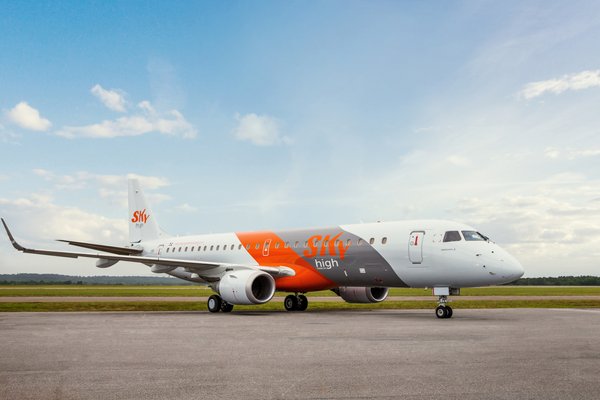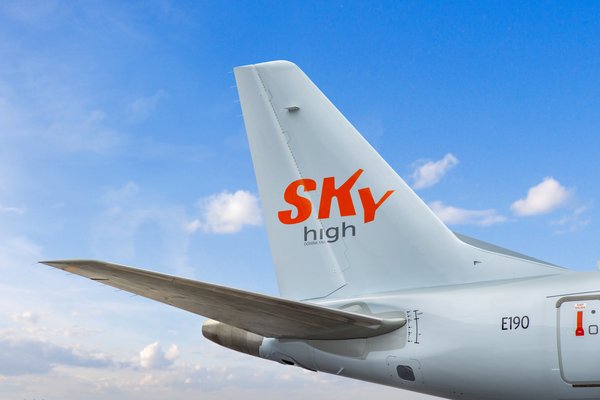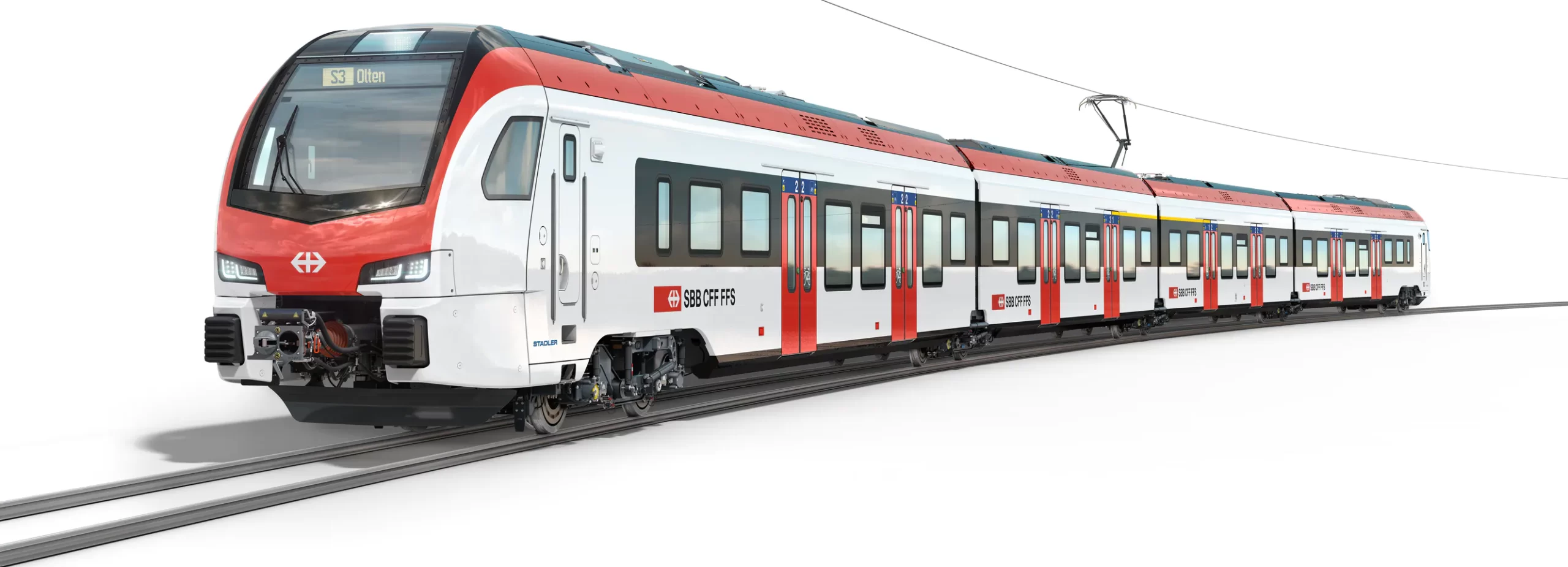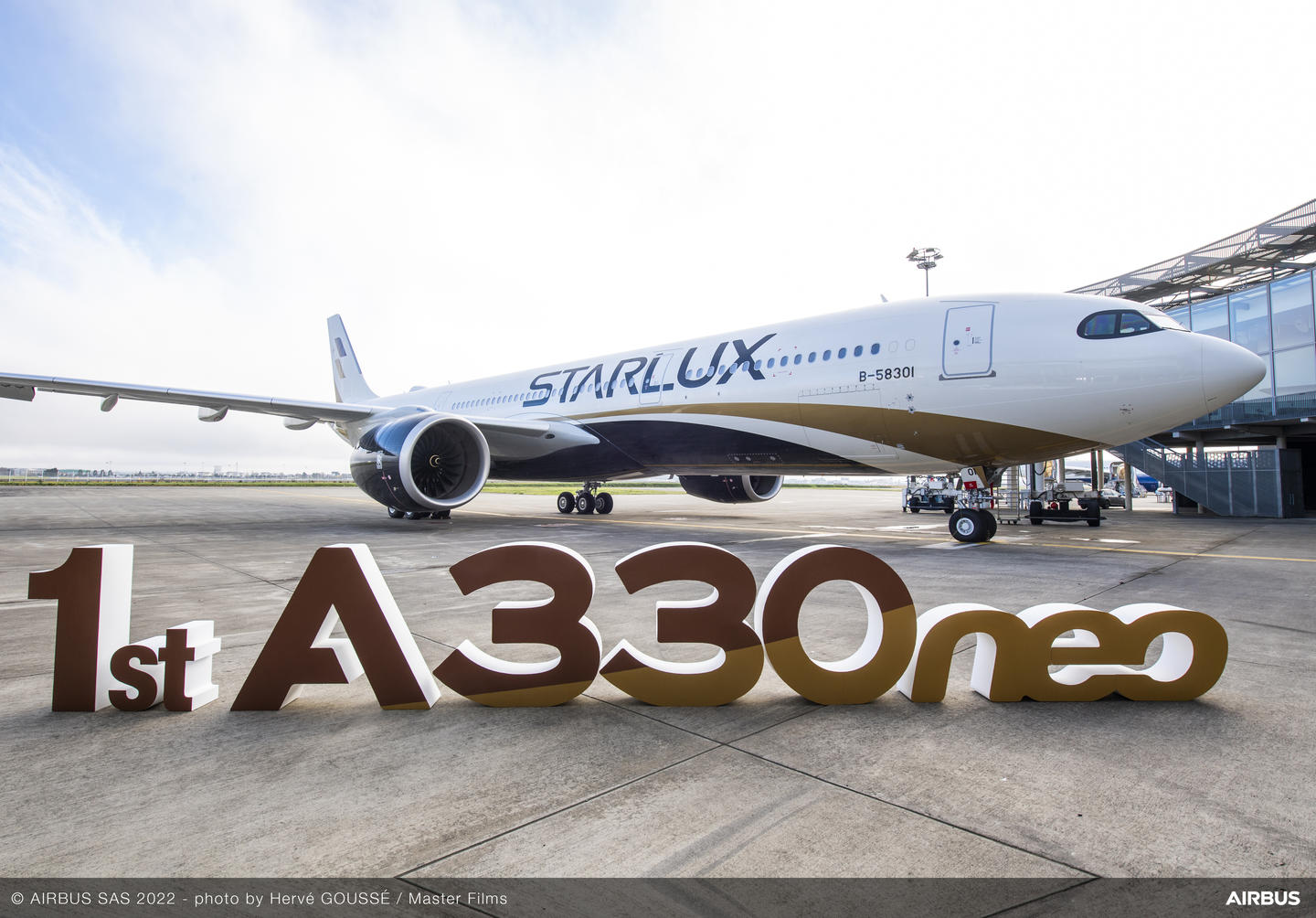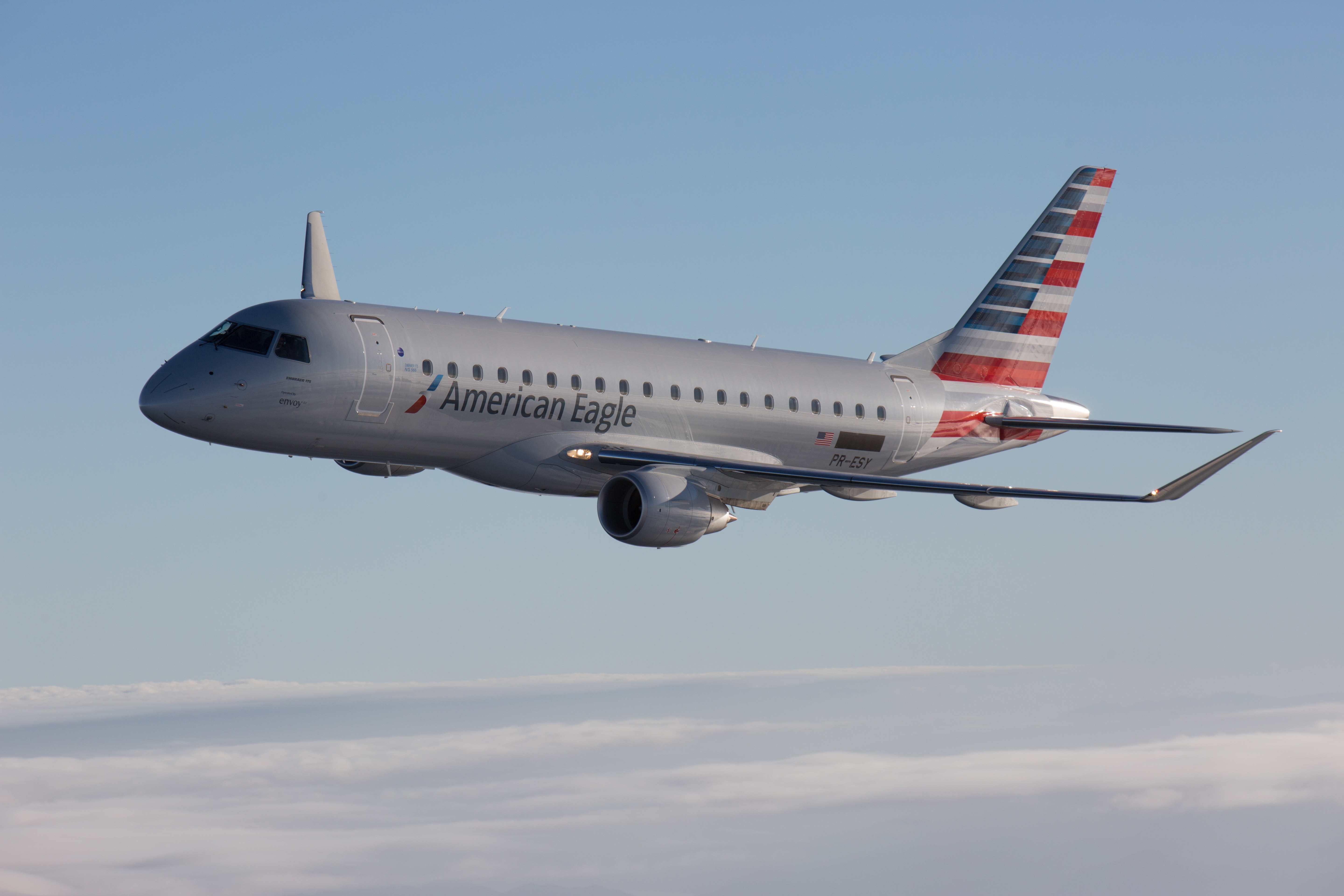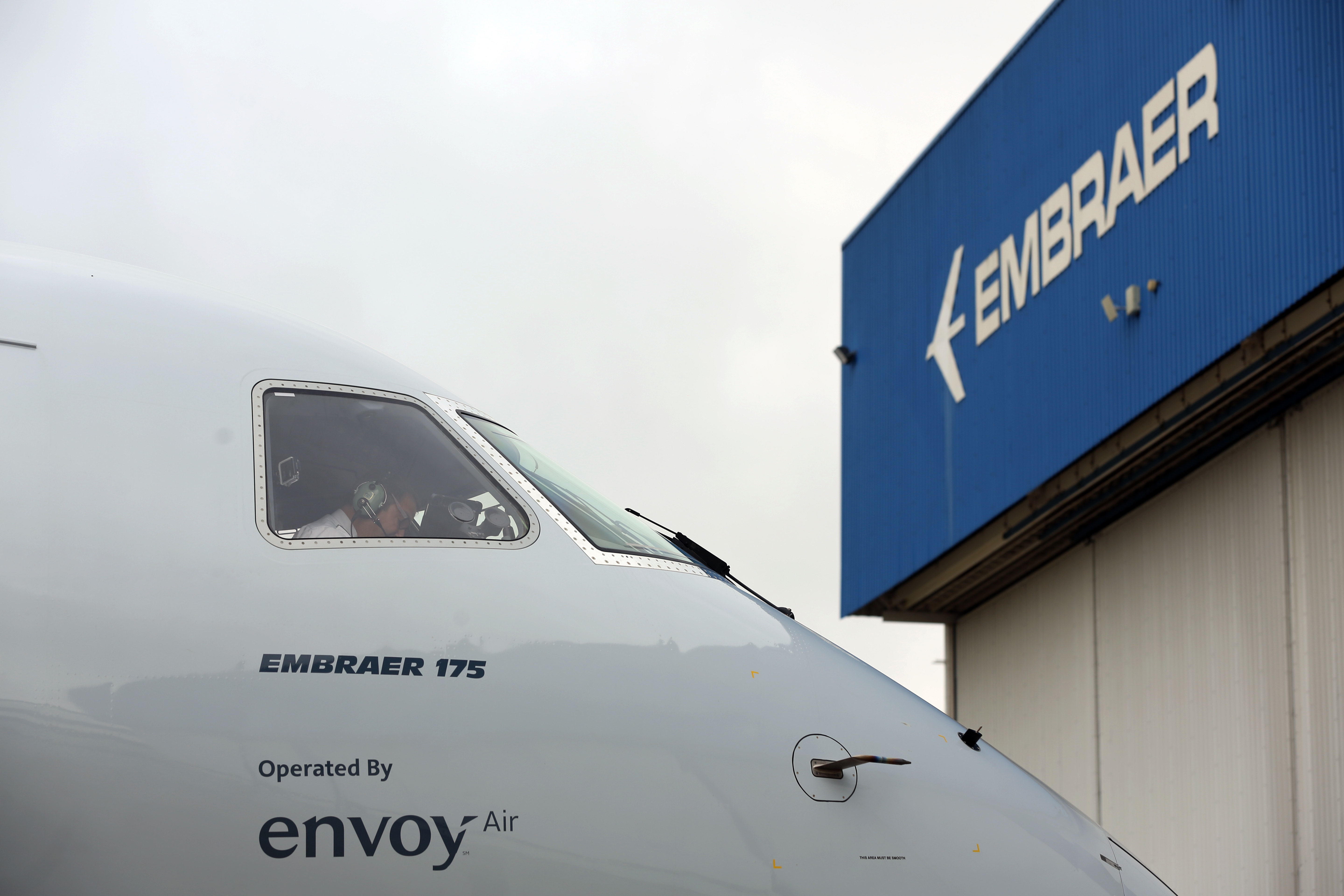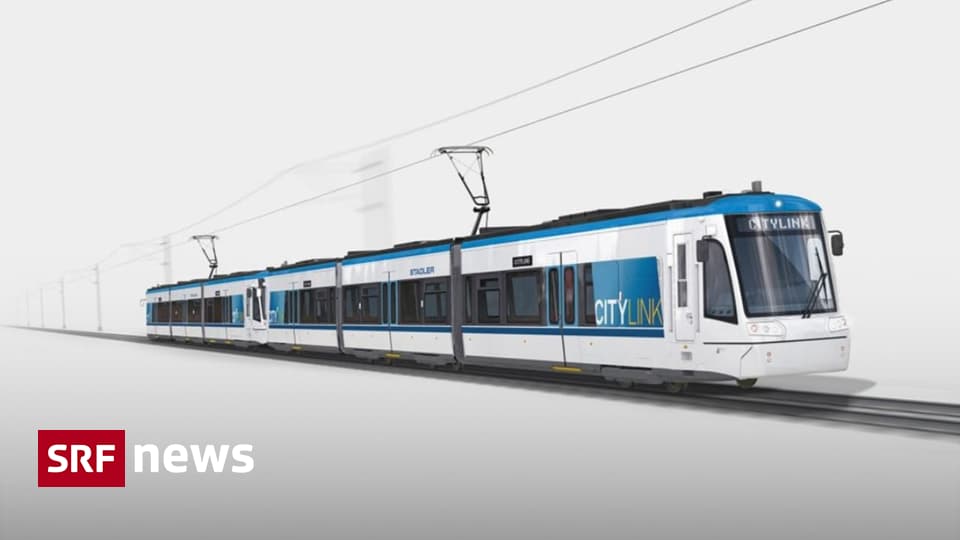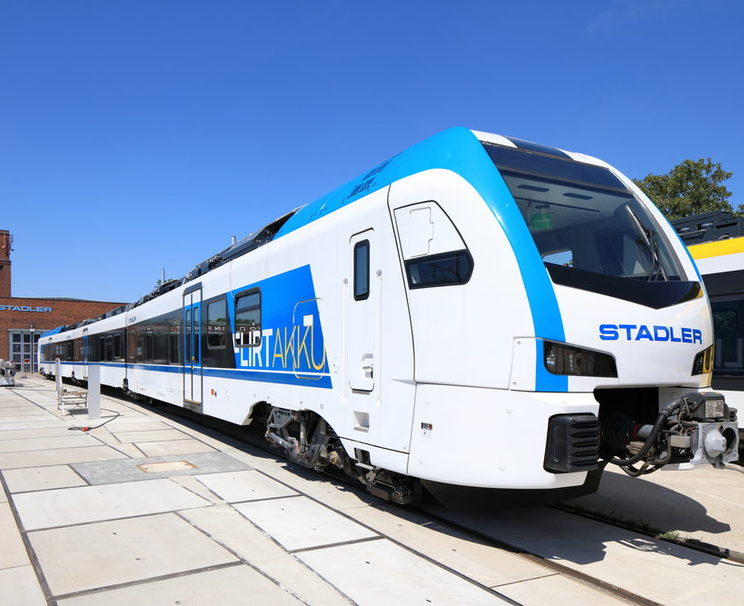Toulouse, France, 17 July 2023 – Largest private Bangladeshi carrier US-Bangla Airlines and world’s number one regional aircraft manufacturer ATR, today announced the signature of a Global Maintenance Agreement (GMA) to further optimize the airline’s maintenance costs and boost the reliability of its fleet of eight ATR 72-600’s. The five-year pay-by-the-hour contract covers the repair, overhaul and pooling services of Line Replaceable Units, along with the availability and maintenance of propellers and leading edges.
Mohammed Abdullah Al Mamun, Managing Director of US-Bangla Airlines said: “Reliability, on-time performance, customer experience and safety are of paramount importance to US-Bangla. As US-Bangla celebrates its 9th Anniversary there is no better time to announce that we are strengthening our cooperation with ATR through this Global Maintenance Agreement. We are hopeful that this partnership will further optimise the reliability of our ATR fleet while reducing operating costs – creating a win-win partnership. Both our teams have worked relentlessly to innovate a commercial model which we hope will stand the test of time and be a new benchmark in aviation”
For over 25 years, the ATR GMA has been significantly boosting regional airlines’ operations and reducing maintenance costs through improved parts availability, advice on maintenance practices, troubleshooting and insightful engineering analysis.
